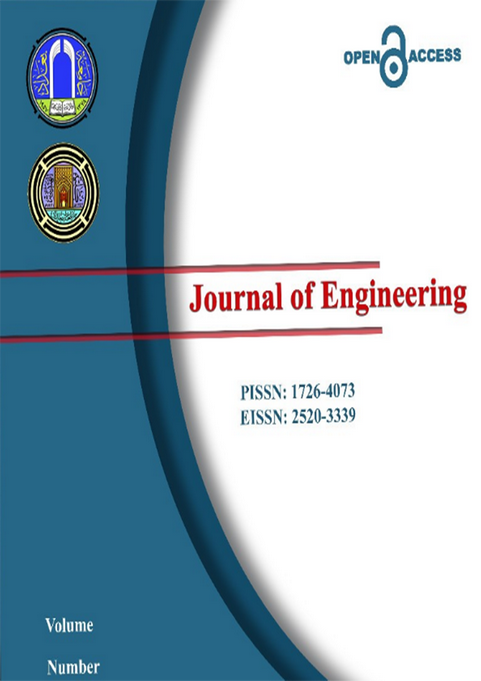Abstract
With an emphasis on individuals with Type 1 diabetes, this study reviews blood glucose
management techniques during the last five years. A brief introduction is provided to show
how this biological issue turns out to be a control system issue in terms of plasma blood
glucose management. This paper discusses new research on automated insulin delivery
using the Bergman mathematical model. An attempt has been made to undertake a
systematic review of the research that has been done so far in the development of artificial
pancreas systems. The conclusion describes the development of a cognitive glucose-insulin
controller and provides a fundamental grasp of how the nonlinear Bergman model for
blood glucose regulation can be used to establish a control system for this biomedical
control challenge. When compared to other current methods, the proposed cognitive
controller shows a quicker response in terms of blood glucose maintenance. Additionally,
the comparison results demonstrated that the suggested cognitive glucose-insulin control
algorithm improved the time to reach a normal physiological blood glucose level for the
first patient by 10% compared to the fuzzy logic and the fractional-order PID control
algorithms, by 25% compared to the type-2 fuzzy control algorithm.
management techniques during the last five years. A brief introduction is provided to show
how this biological issue turns out to be a control system issue in terms of plasma blood
glucose management. This paper discusses new research on automated insulin delivery
using the Bergman mathematical model. An attempt has been made to undertake a
systematic review of the research that has been done so far in the development of artificial
pancreas systems. The conclusion describes the development of a cognitive glucose-insulin
controller and provides a fundamental grasp of how the nonlinear Bergman model for
blood glucose regulation can be used to establish a control system for this biomedical
control challenge. When compared to other current methods, the proposed cognitive
controller shows a quicker response in terms of blood glucose maintenance. Additionally,
the comparison results demonstrated that the suggested cognitive glucose-insulin control
algorithm improved the time to reach a normal physiological blood glucose level for the
first patient by 10% compared to the fuzzy logic and the fractional-order PID control
algorithms, by 25% compared to the type-2 fuzzy control algorithm.
Keywords
control strategy
Diabetes mellitus
Insulin action
Plasma blood glucose
